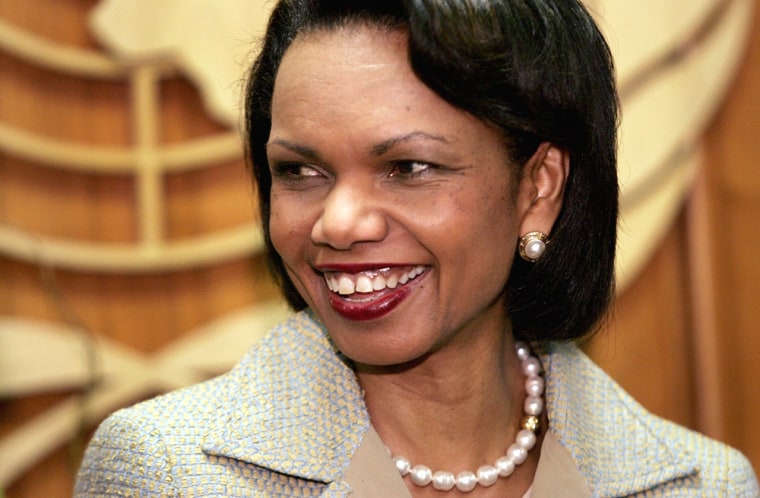Our second ranking of the World's Most Powerful Women illustrates how fleeting power is.
Megawati Sukarnoputri, the former president of Indonesia who lost her reelection bid, dropped off the rankings. Gone, too, is Carleton (Carly) Fiorina, booted from Hewlett-Packard. The scandal-plagued president of the Philippines, Gloria Arroyo (No. 4), could soon be off as well. Among the newcomers: Yulia Tymoshenko (No. 3), prime minister of Ukraine.
Power requires influence in the global marketplace, as well as economic and cultural clout. To rank these leaders, each of the women received a "power scorecard" based on her résumé, the size of the economic sphere in which she wields power and global media exposure.
More specifically, our power rankings are based on a composite of numerous factors, including global visibility (measured by press citations) and economic impact. The latter, in turn, reflects three things: résumé (a prime minister is more powerful than a senator); the size of the economic sphere over which a leader holds sway; and a multiplier that aims to make different economic yardsticks comparable. For example, a politician is assigned a GDP number but gets a low multiplier, while a foundation executive is assigned the foundation's assets but gets a high multiplier.
